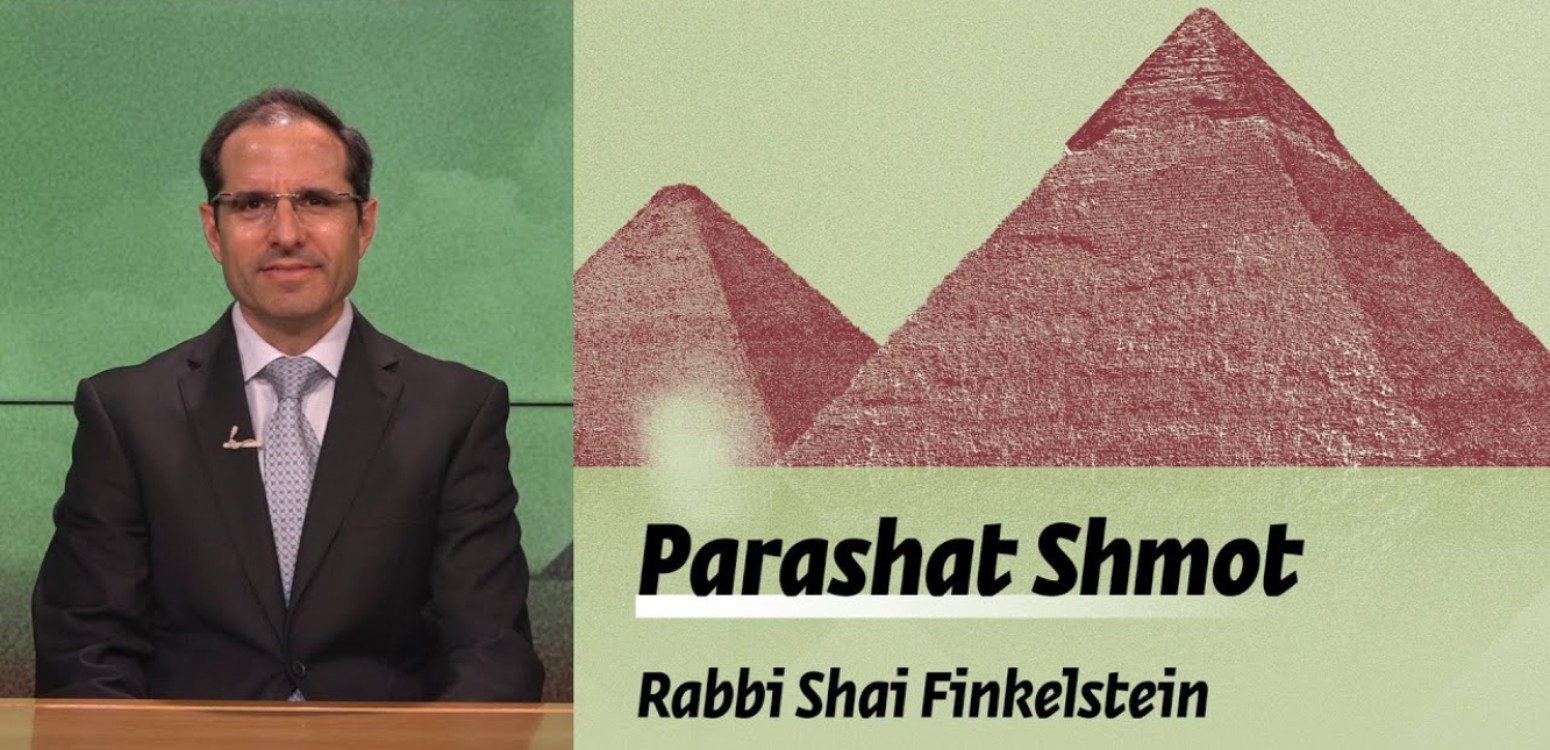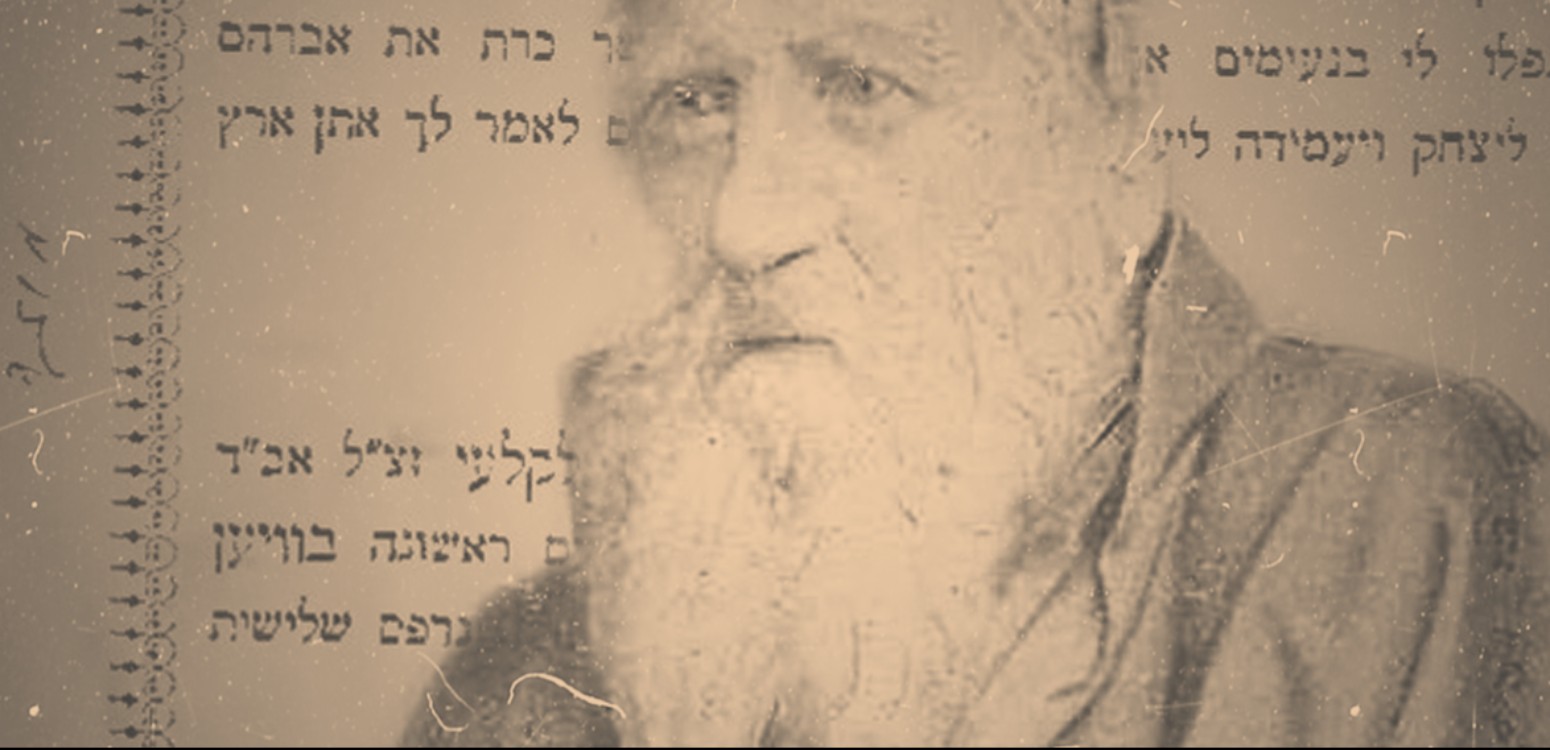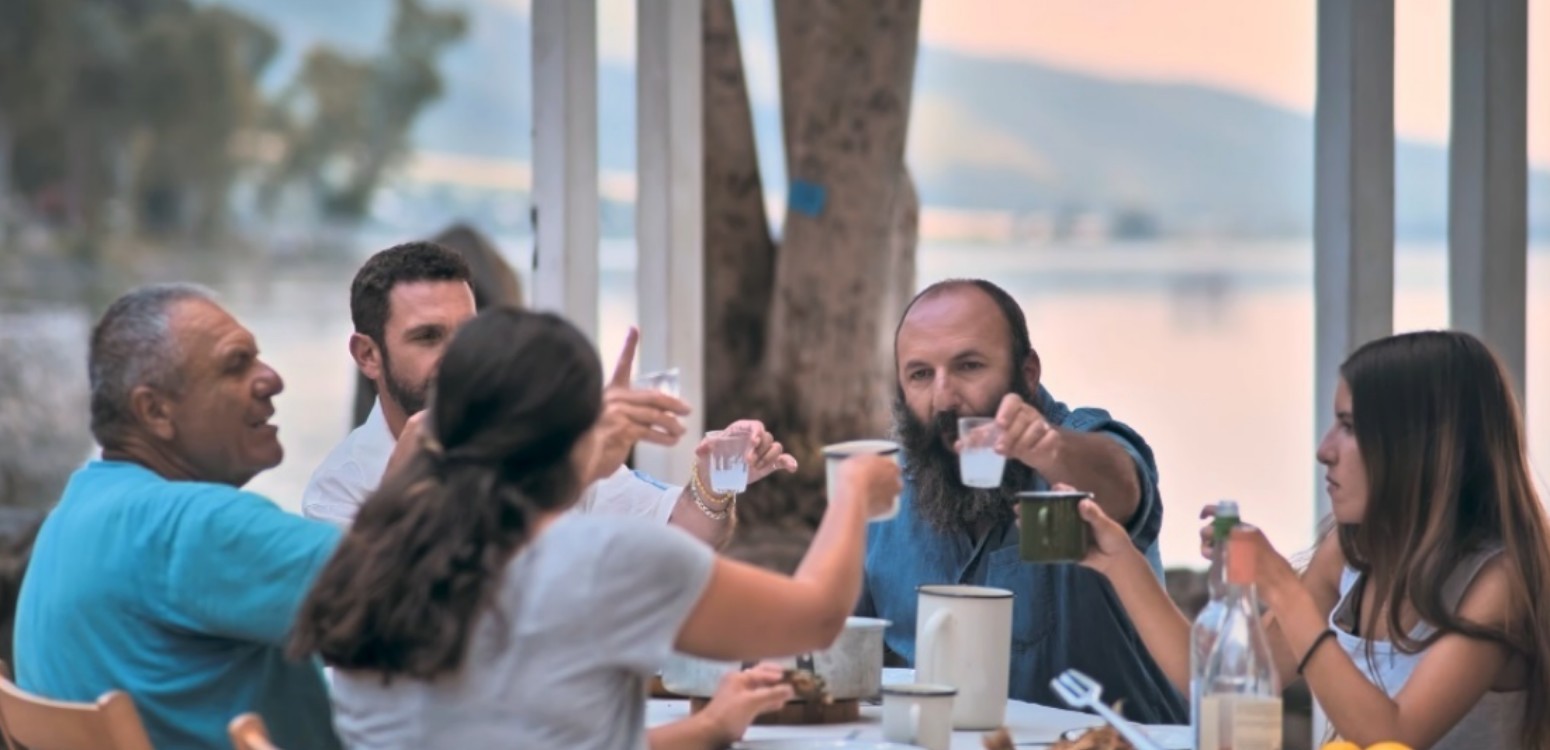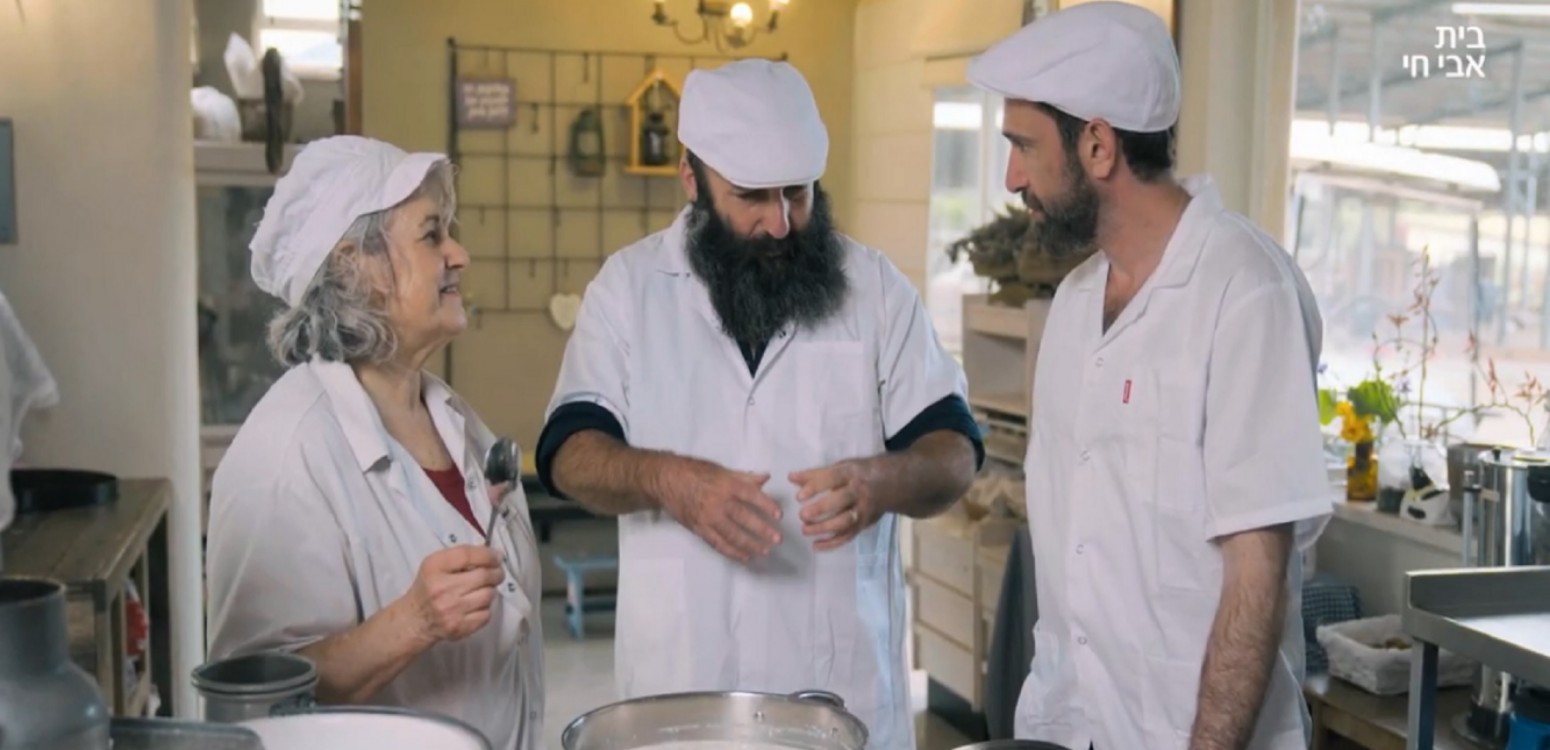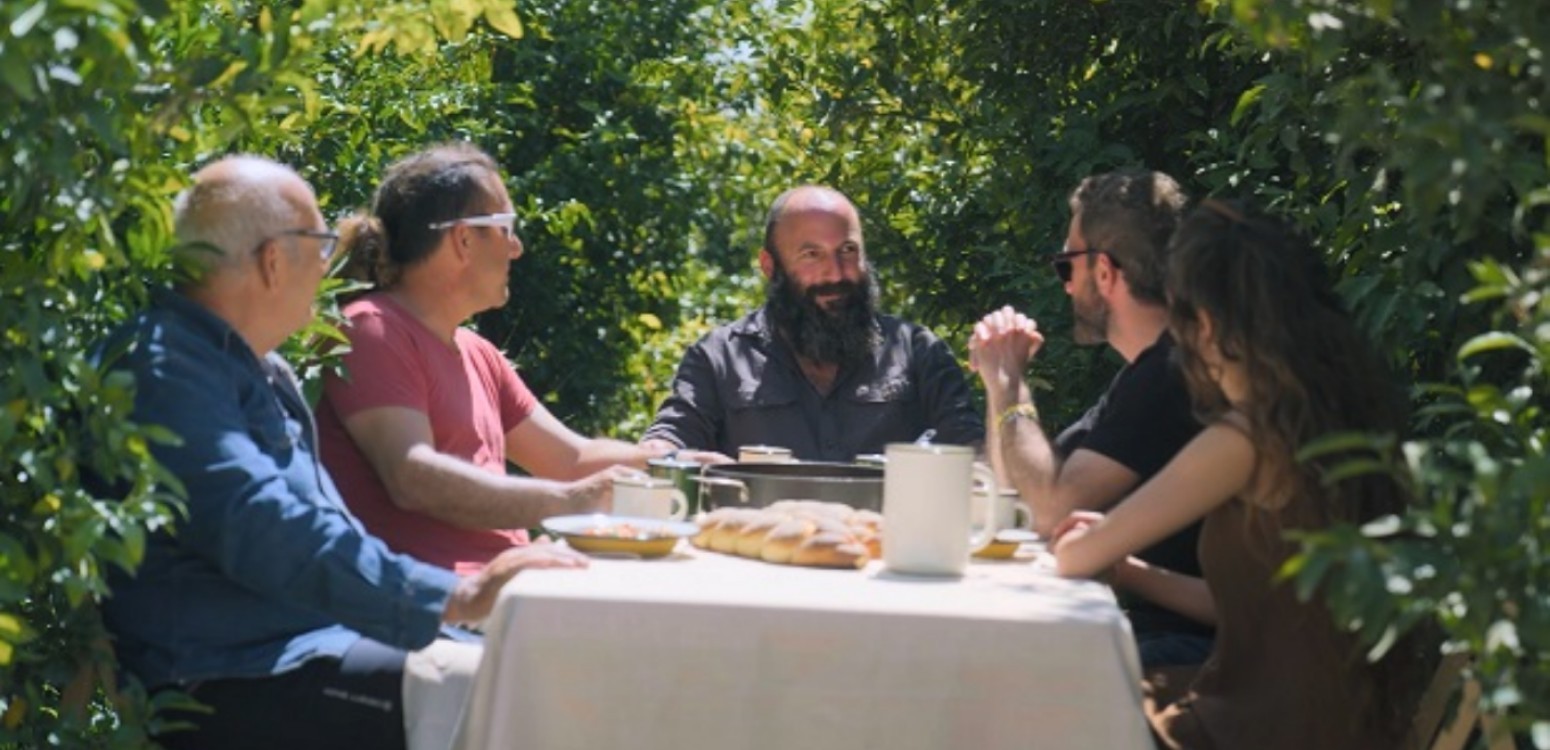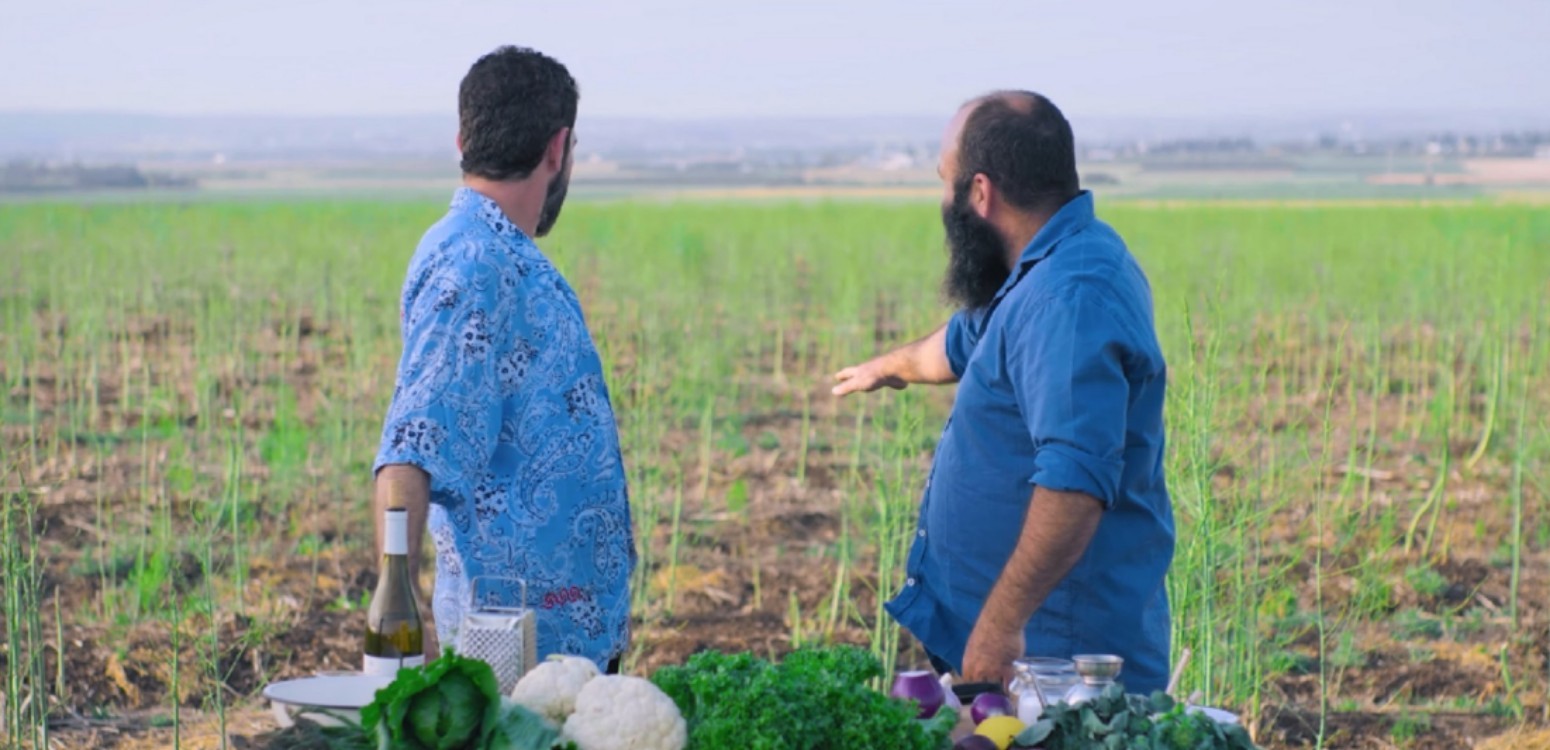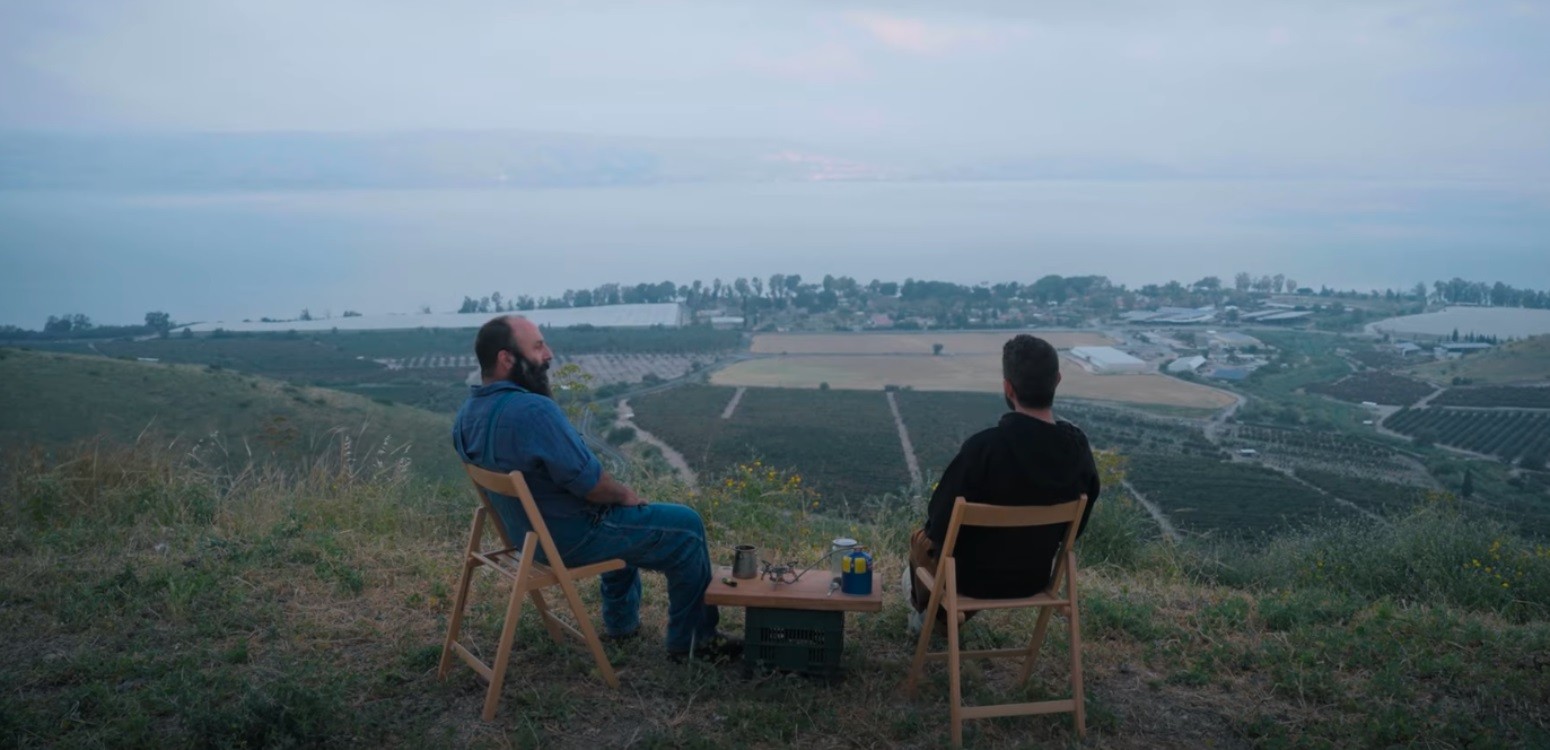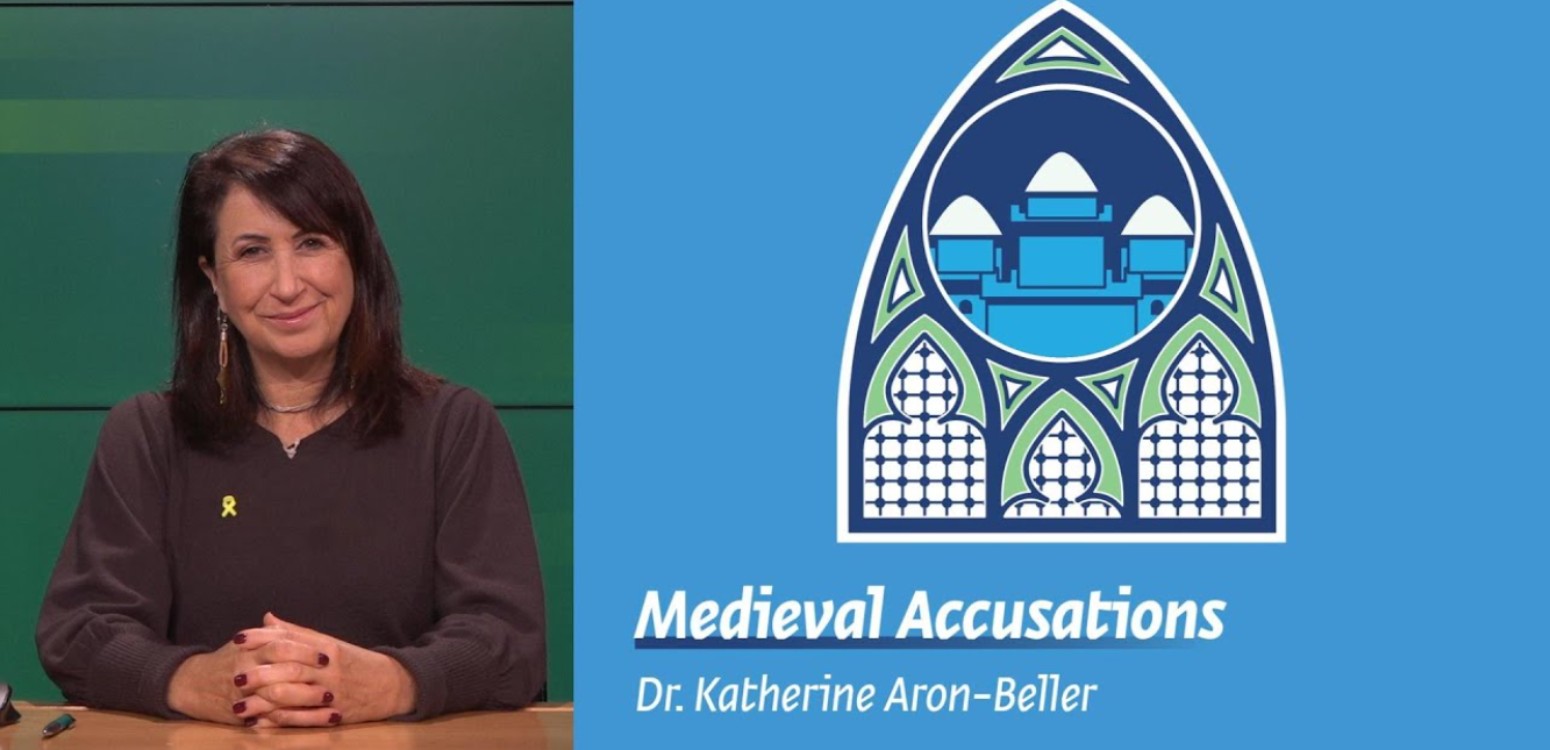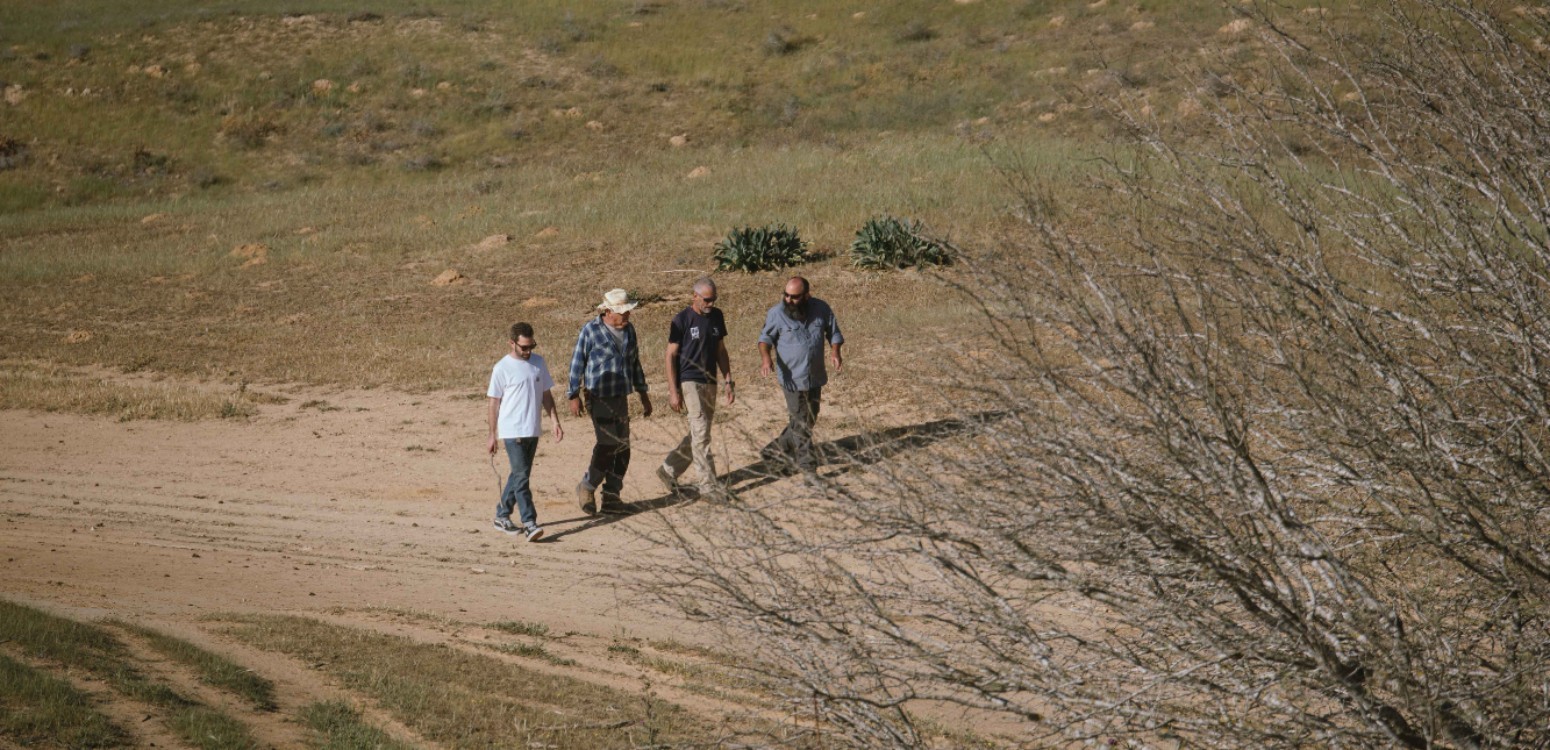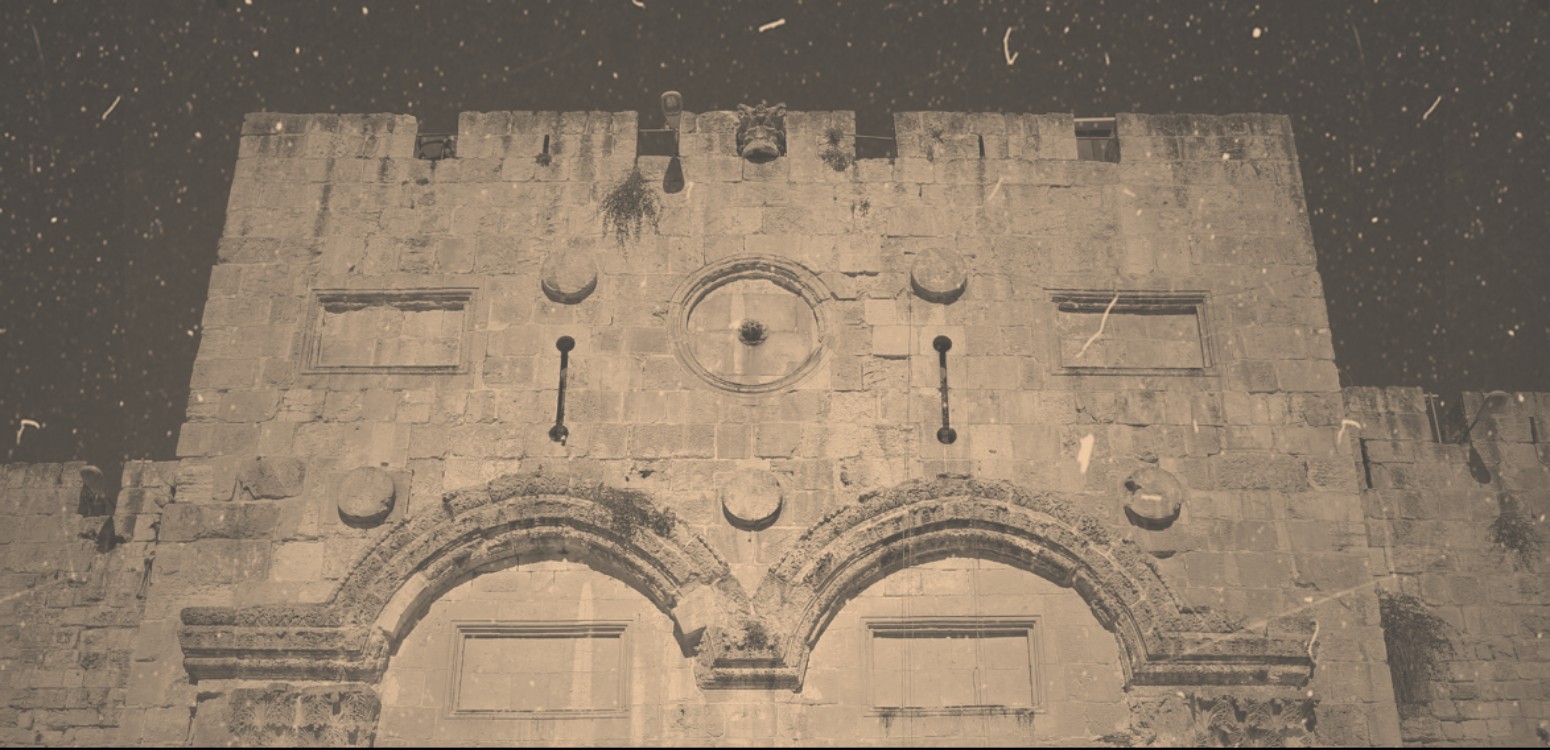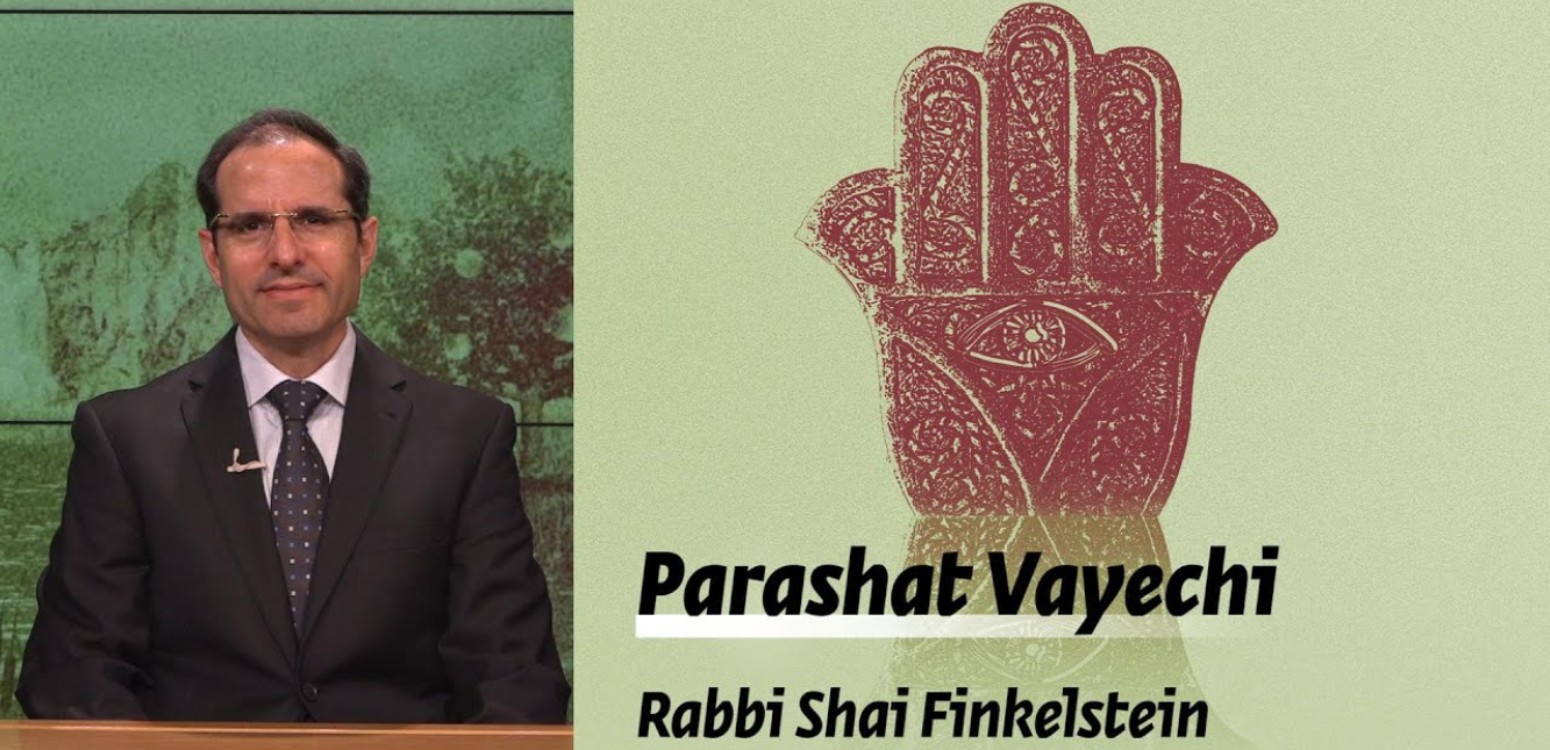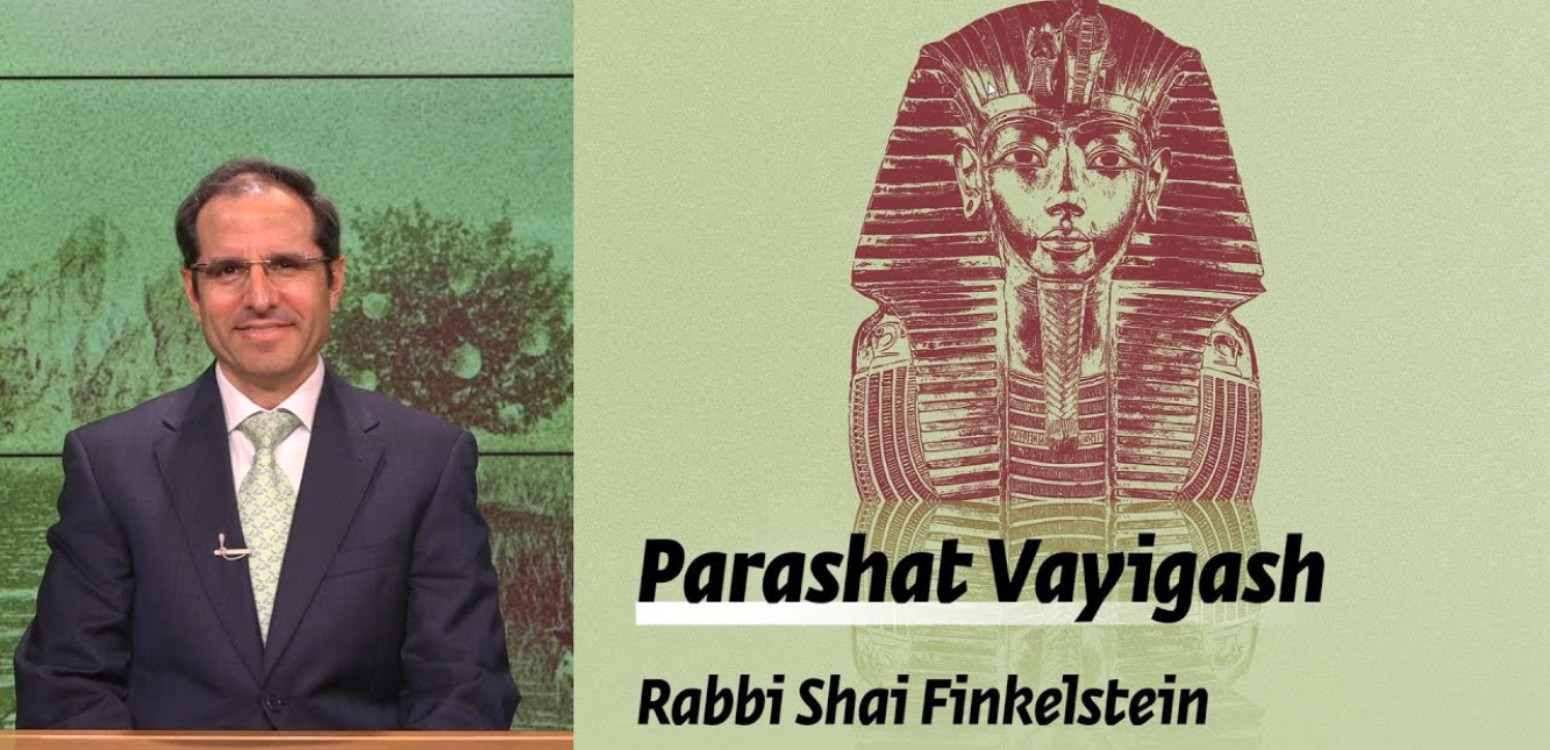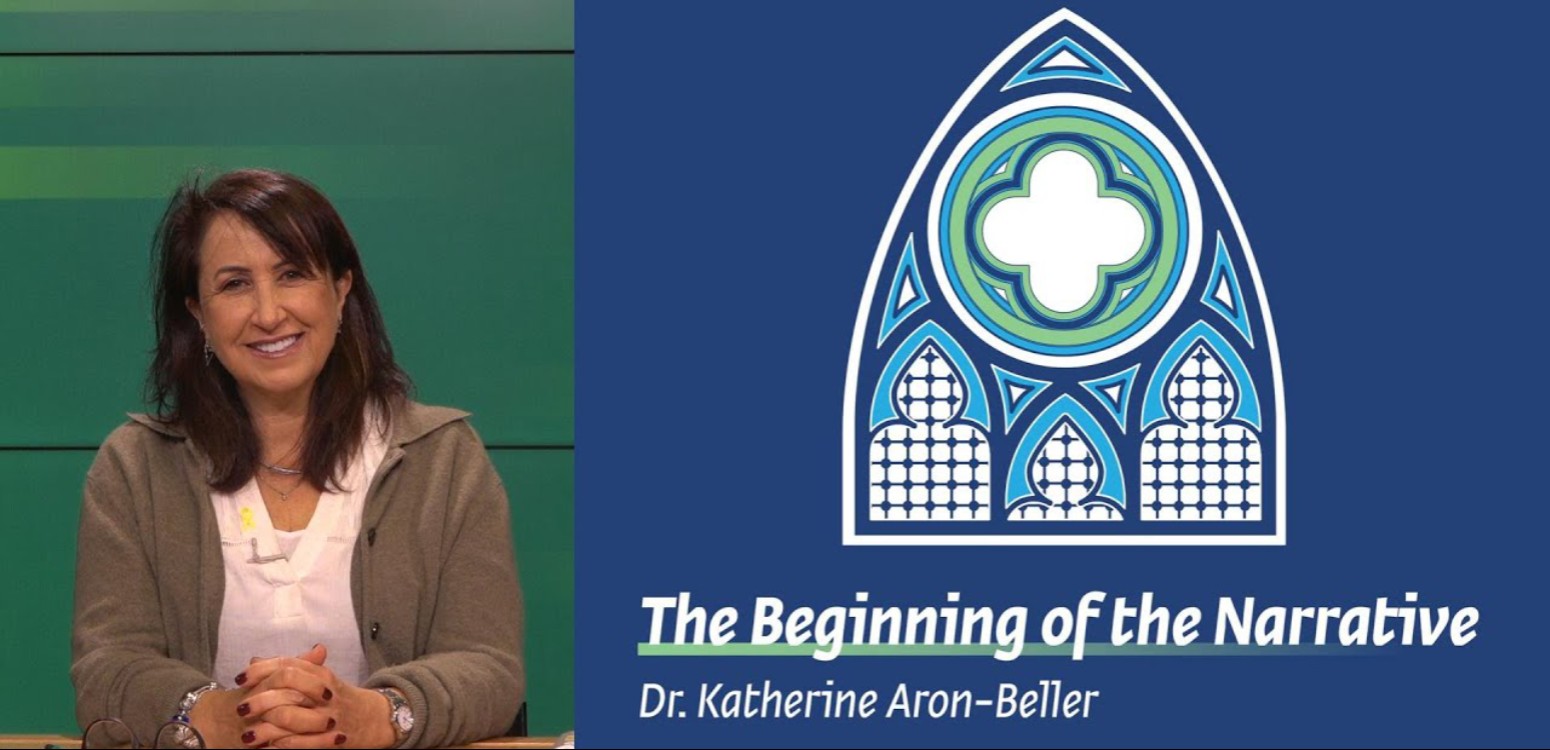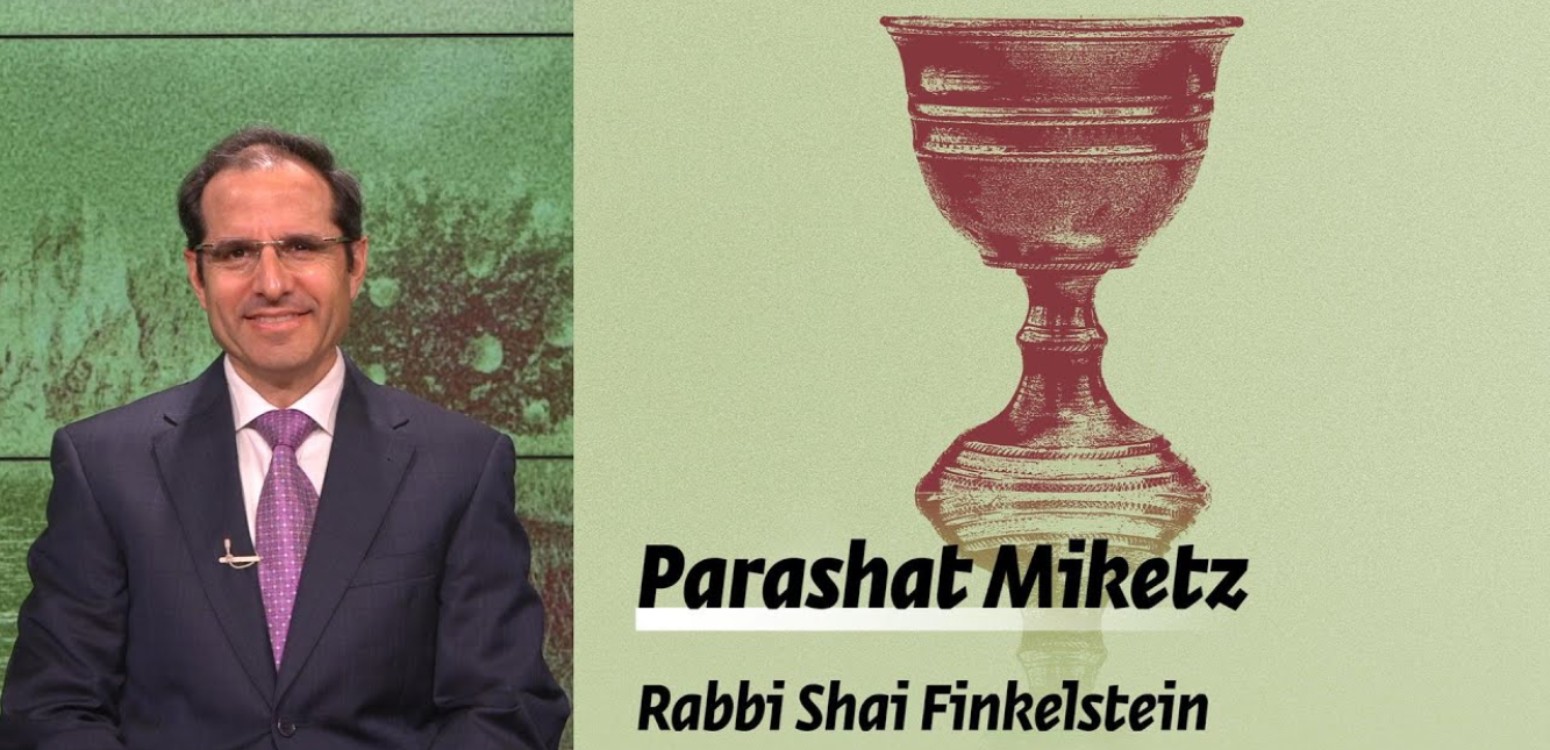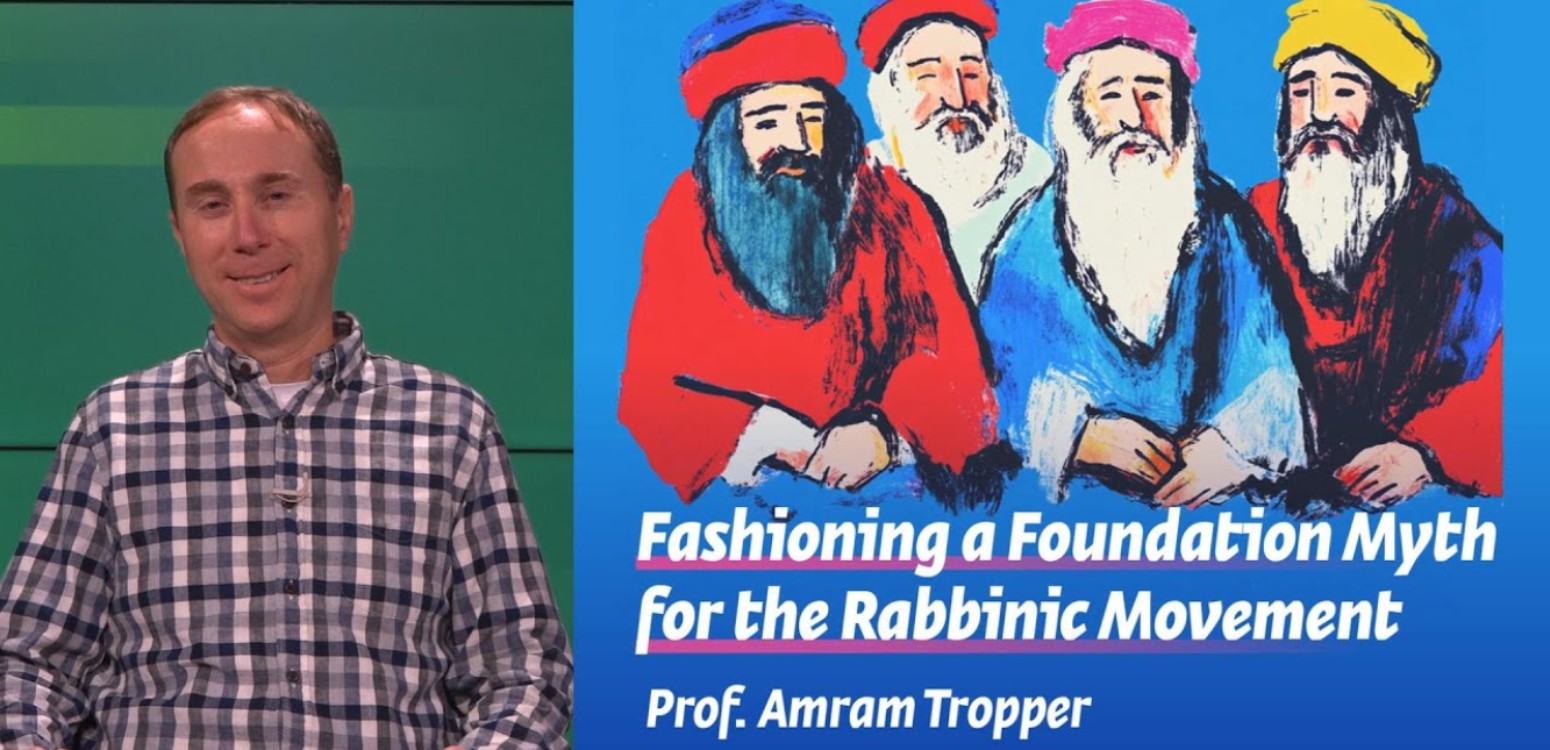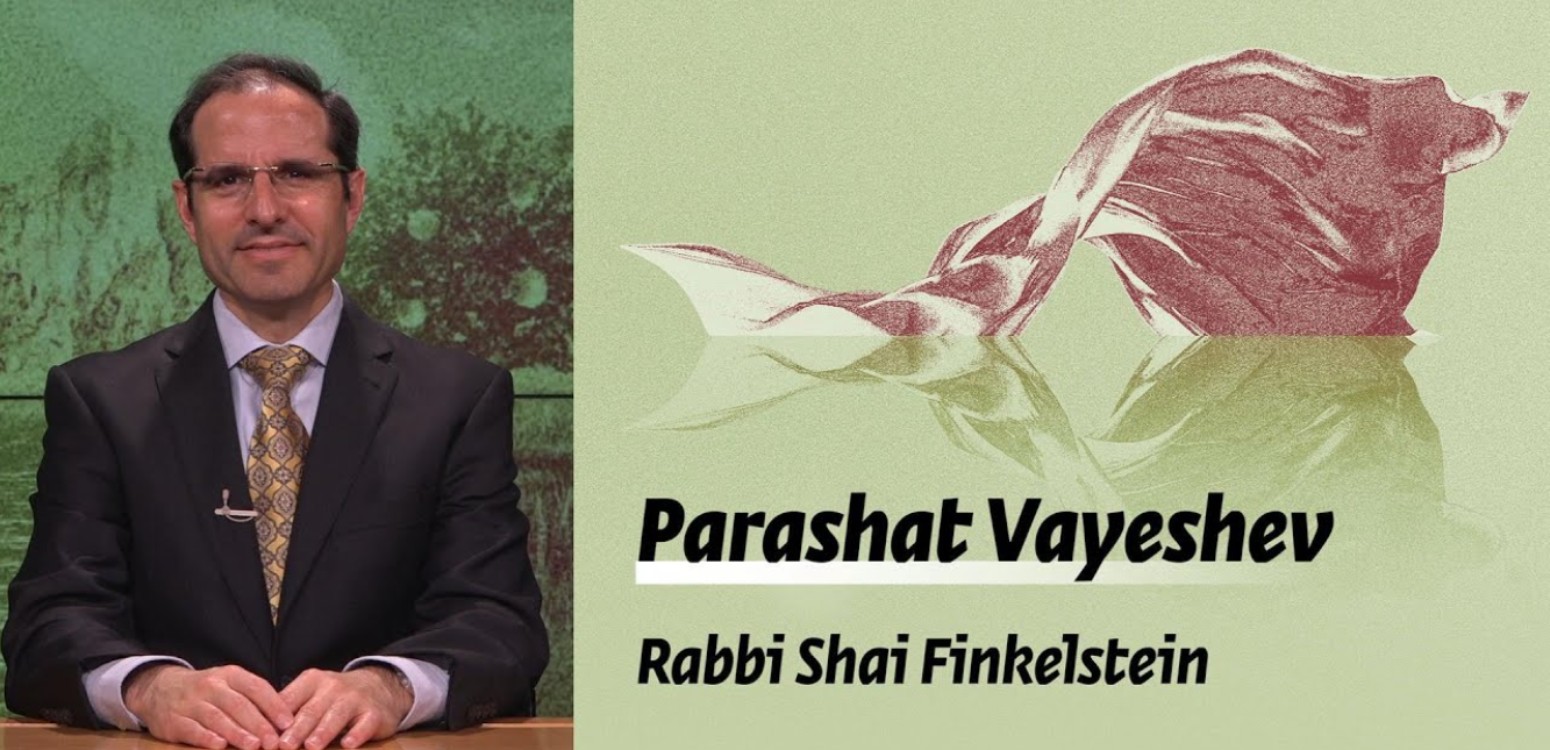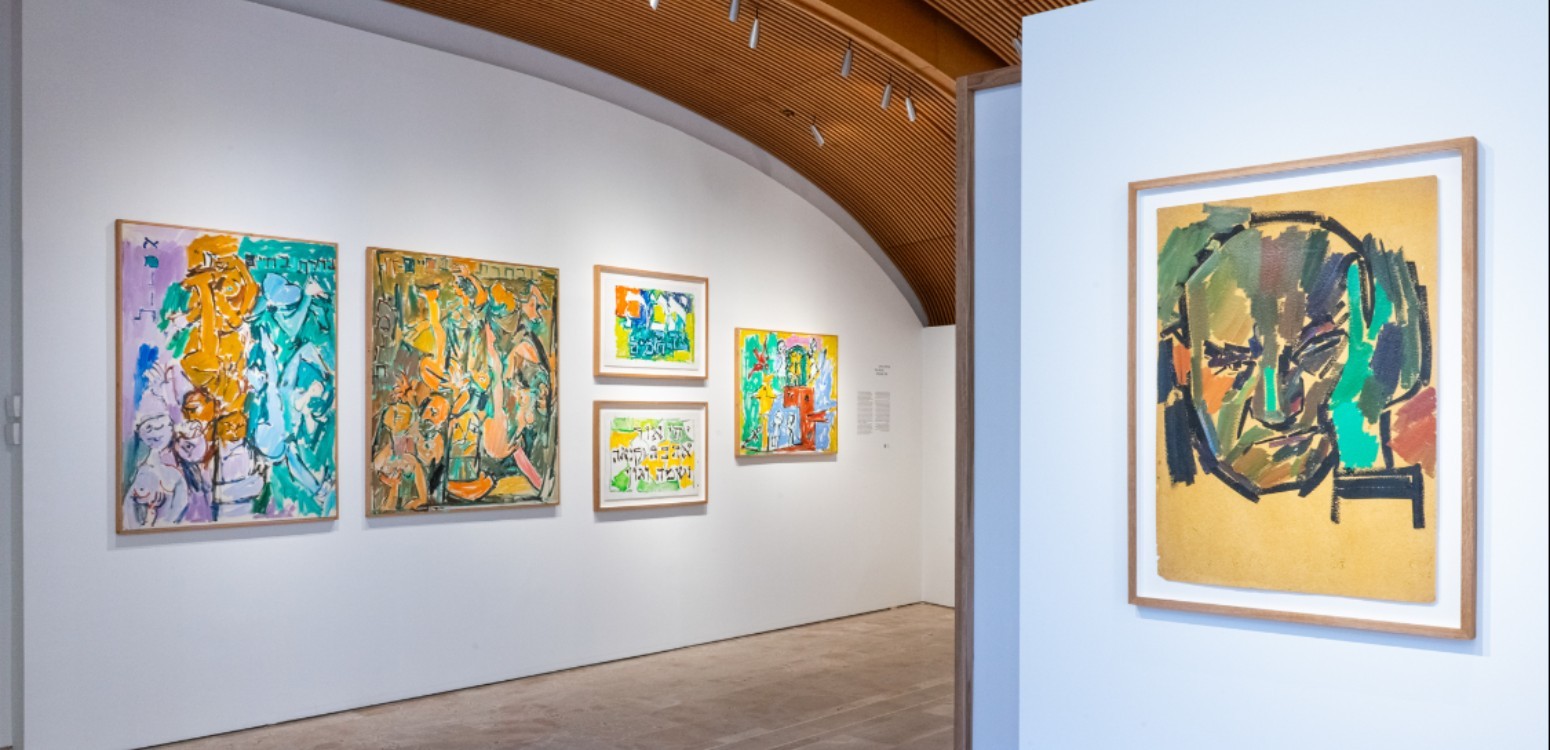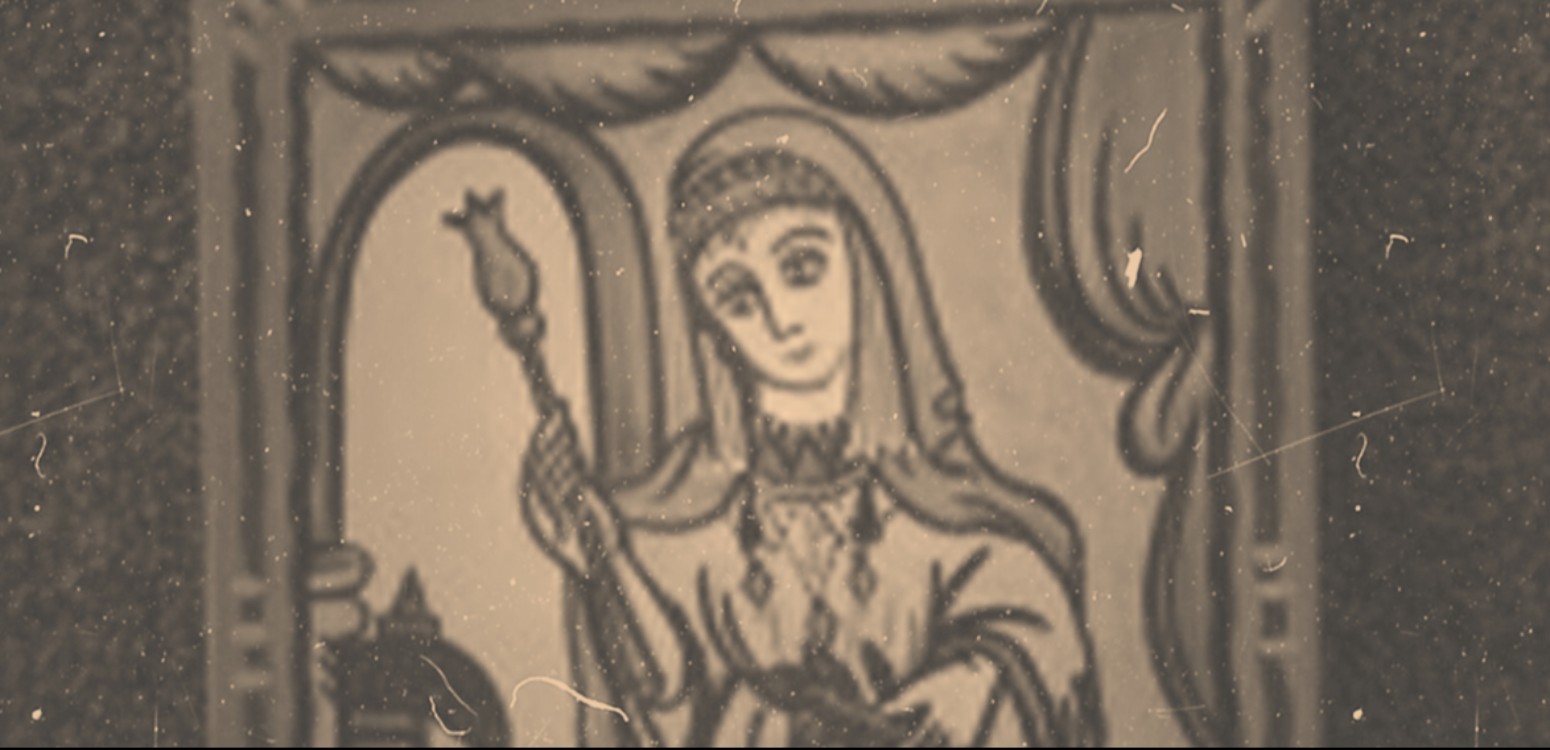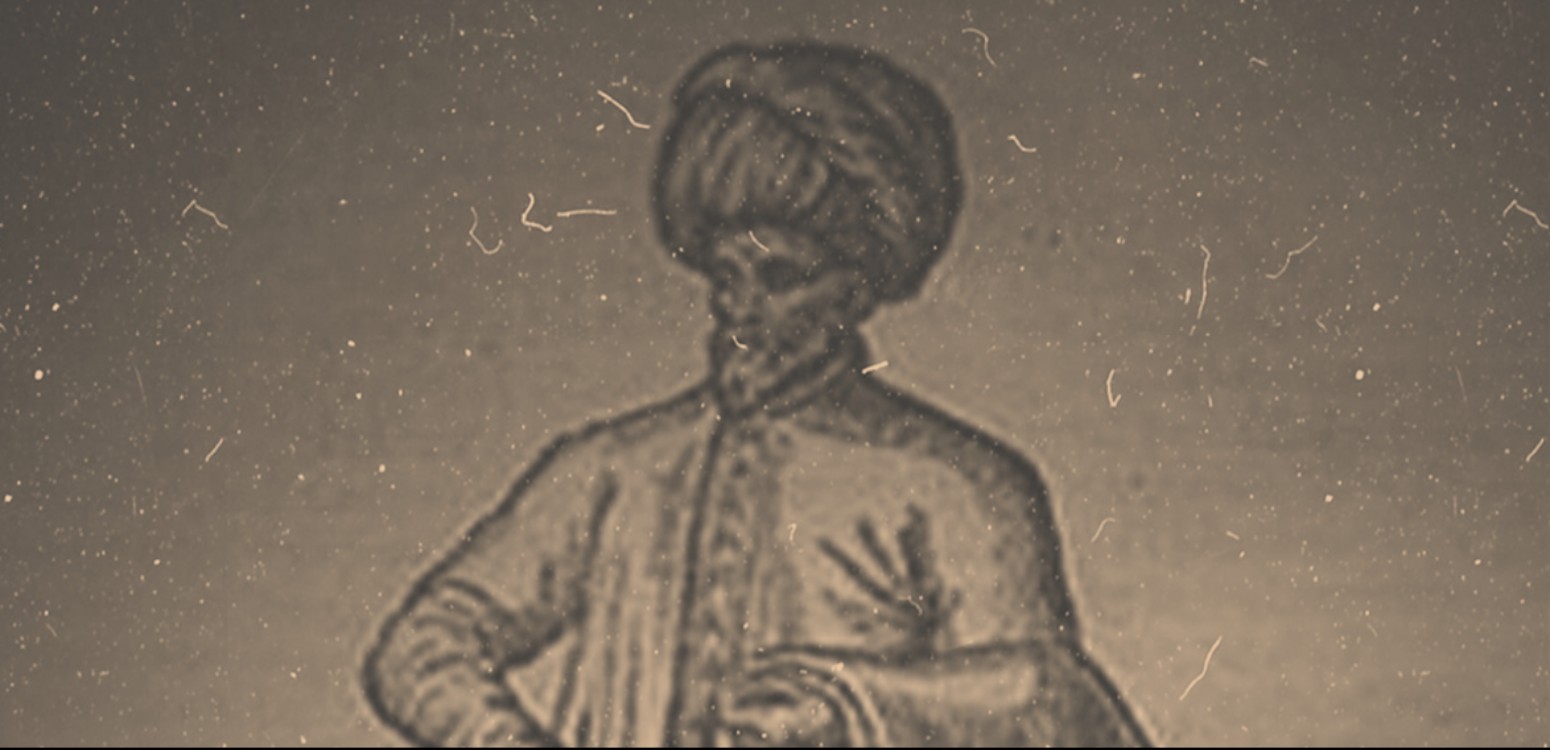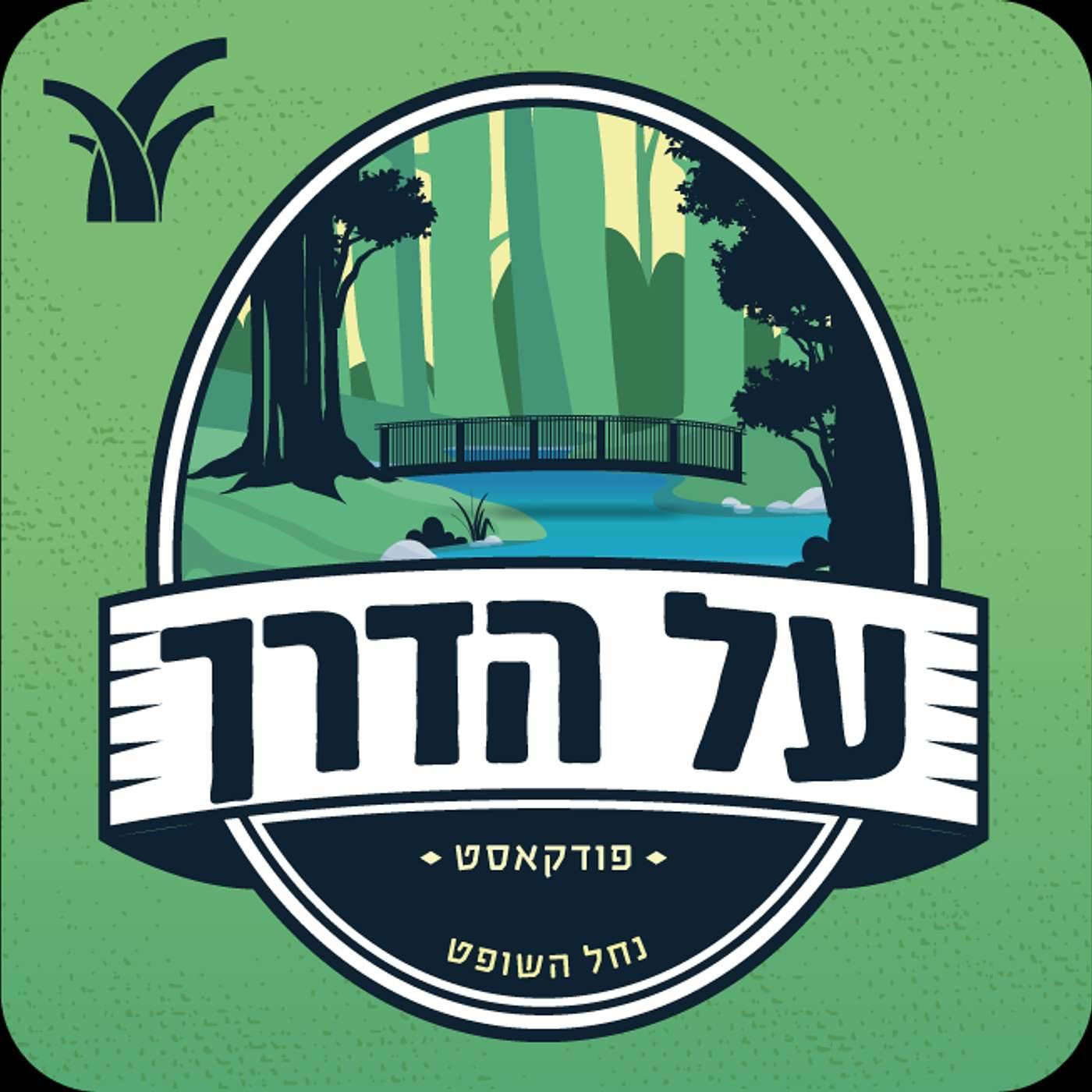
Earlier this month, in a makeshift play area set up in a secure underground parking lot underneath Jerusalem’s Beit Avi Chai cultural center, dozens of youngsters from southern Israel played and listened to stories at a special event marking Sigd, a traditional Ethiopian Jewish holiday celebrating the return to Zion.
Dozens of meters underground, safe from the missiles being launched from the Gaza Strip by Hamas forces, fifty or so students from the southern city of Ashkelon were able to mark the holiday which had mostly been stricken from the Israeli calendar this year due to the ongoing hostilities.
The holiday has special resonance for many members of the Ethiopian Jewish community in Israel, which is descended from Jews exiled from the land of Israel following the destruction of the First Temple in 586 BC. For centuries the community had dreamed of a return to their homeland. That dream only came true in the late XX century, after great hardship and suffering.
Every year, on the 29 day of the month Heshvan, members of the Ethiopian community from across Israel gather on the Armon Hanatziv promenade in Jerusalem to mark Sigd. But because of Hamas missiles, there was no traditional Sigd gathering in Jerusalem this year. Instead, Kesim, the Jewish Ethiopian community’s leaders, called on their followers not to leave their homes but to direct their prayers toward the safety of Israel’s soldiers and hostages.
But for Liran Lifschitz, who runs activities for children and families at Beit Avi Chai, holding a Sigd event was a priority. It was a way to show that Hamas cannot prevent Jews from celebrating their ties to their ancient homeland. It could also serve as a welcome respite for children who had spent over a month under fire – children who, Lifschitz said, “had no schools, no celebrations of their holiday.”
Standing on the highly polished grey and purple floors of the reinforced structure at Beit Avi Chai known as the Happy Shelter, with walls decorated in green, yellow and red of the Ethiopian flag, the children participated in the musical storytime program with Ethiopian-Israeli actress and author Meskie Shibru-Sivan, who read excerpts from her book of kids stories.
“I came to meet the audience like any other gathering, at least that’s what I expected. But this time was different,” recalls Shibru-Sivan, who immigrated to Israel with her sister in 1985 at the age of 16. “Beyond being an artist, I come from a Zionist family. My mother was a prisoner of Zion, she spent two years in prison in Ethiopia just because she helped Jews move to Israel.”
“This performance was different because meeting with the evacuated families strengthened [me] even more [and reinforced] what happened and what we are going through. I felt blessed being at Beit Avi Chai, being able to give love and support to the audience that came. As a person who made aliya to Israel (although a long time ago) I could understand them. It's hard to leave your home, especially in your own country.”
“On Sigd, I always give lectures about love, solidarity, gratitude and connection to the land of Israel. It’s what this holiday symbolizes for me, and this time it all was reinforced even more, thanks to the audience, diverse in colors and ages, and the connection between parents and children big or small,” Shibru-Sivan says.
The Happy Shelter, where the event took place, has rapidly become a safe space for both Jerusalem residents and refugees from the south who have relocated to Jerusalem.
Located several stories underground, “now it’s the safest place in Jerusalem, more or less,” according to Lifschitz, who explained that it has come to serve as a sort of oasis of calm where children and their parents can relax following Beit Avi Chai events activities without having to immediately go back out into the streets, into the reality of war.
“We decorated the entire place, added music. We invite everyone who comes to see a show to stay for an hour afterwards and we do all kinds of activities like writing letters to soldiers or practicing yoga to relax or drawing on walls or folding origami to create a collaborative art piece,” Lifschitz continues.
One of the regulars at the Happy Shelter is Dudu Hamikian, a yoga instructor who comes twice a week to run classes in the underground sanctuary.
“It’s just to give the kids and families that come to practice yoga a space to breath and to find quiet maybe for a few seconds or minutes and have an emotional respite,” he says, recalling how one mother told him that her daughter had smiled for the first time since the war started at one of his classes.
“In one of the families, the uncle was murdered, and the mother said that when she saw her kids laying on their back, closing their eyes and taking a deep breath, she was almost crying just watching that. That’s the emotional break.”
“What the kids lost on October 7 is trust,” he continues. “So here they can trust themselves; it’s a safe place and we can start from that.”
Also at Beit Avi Chai

